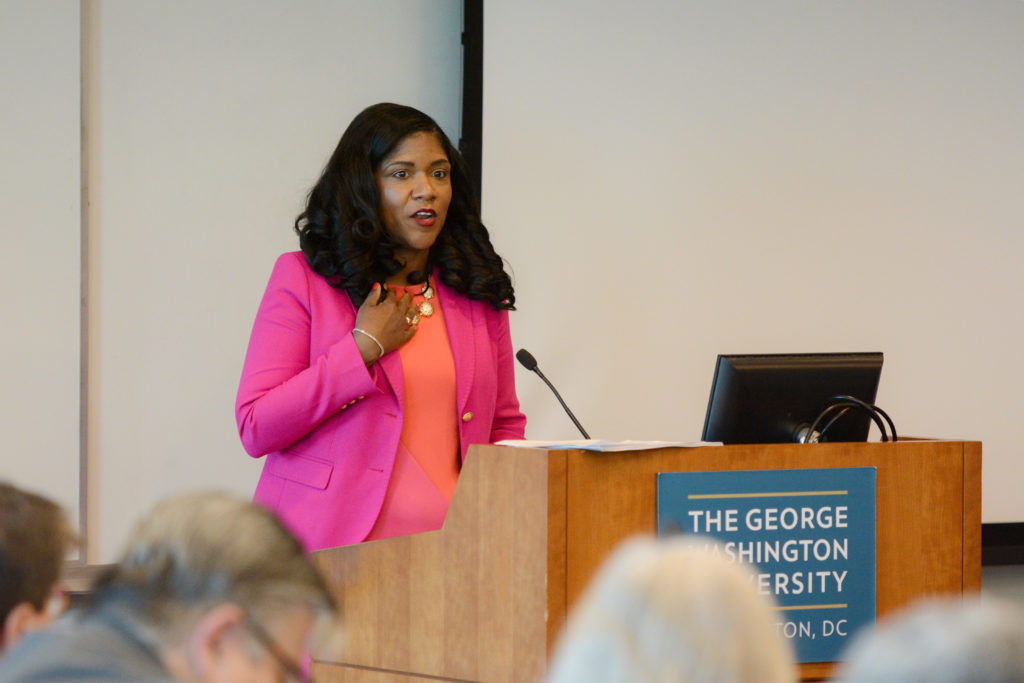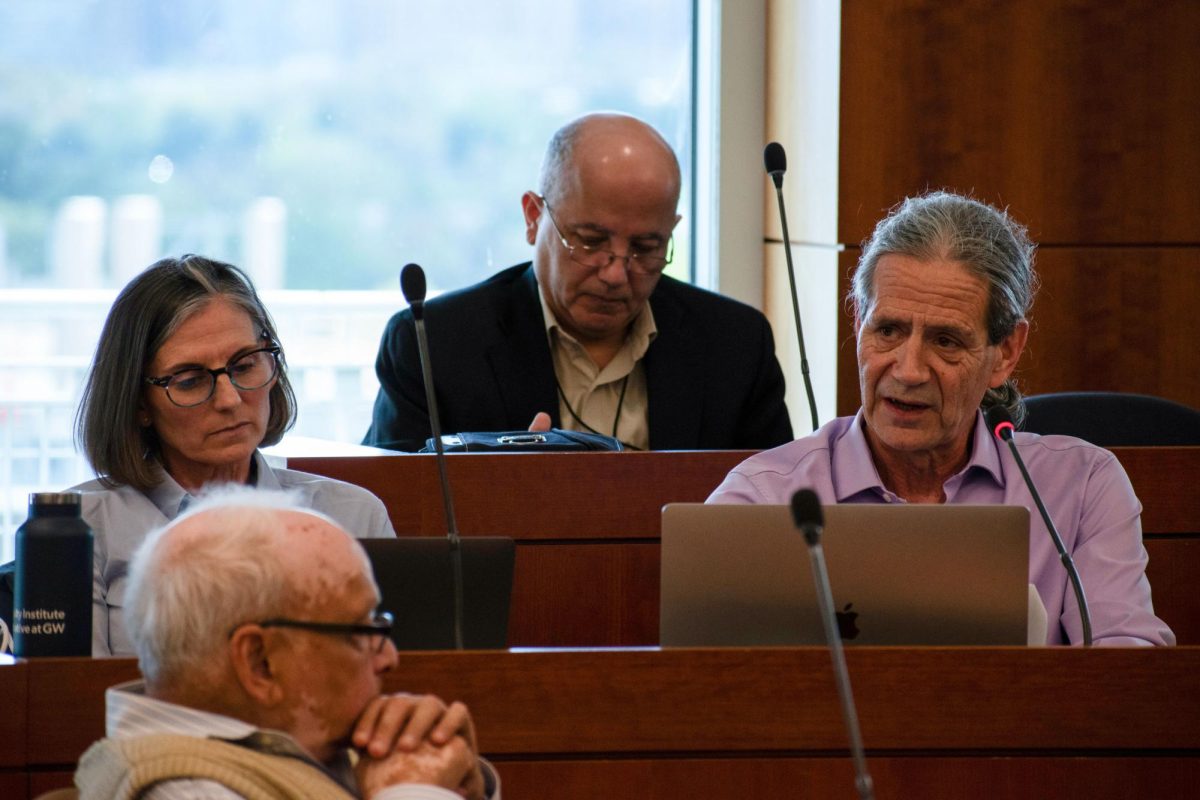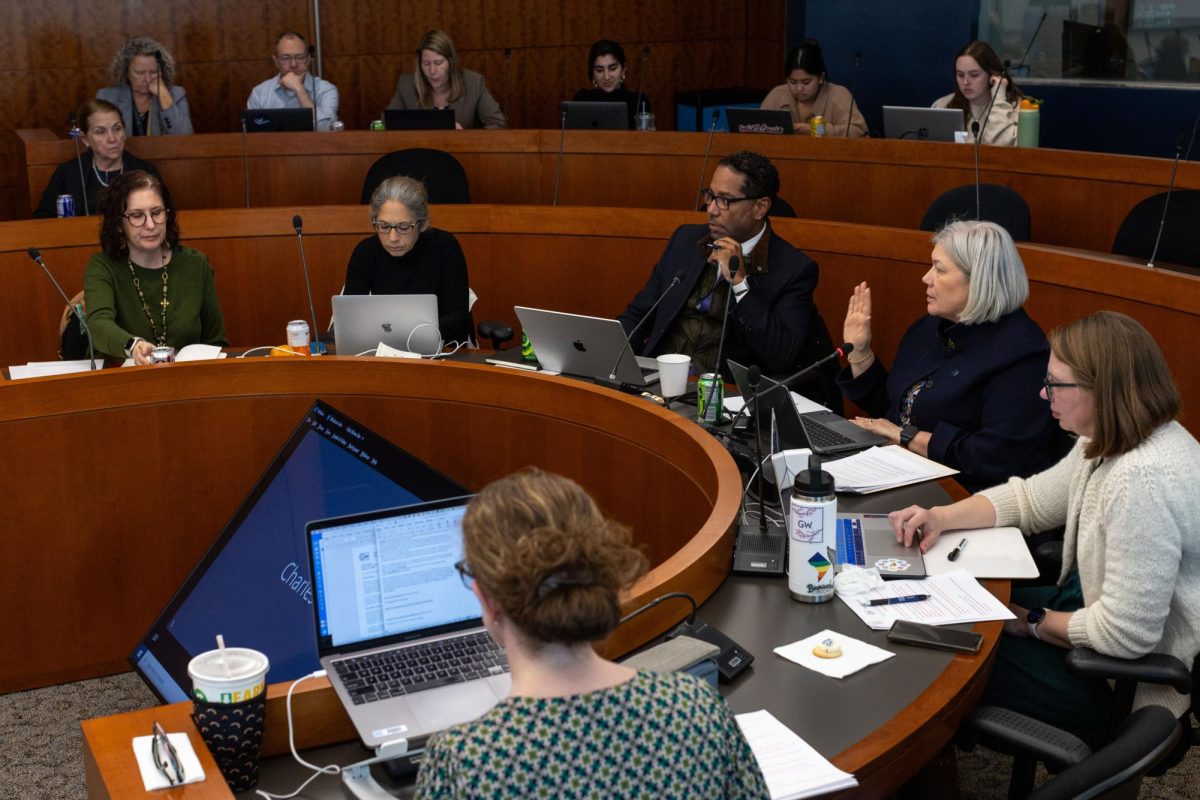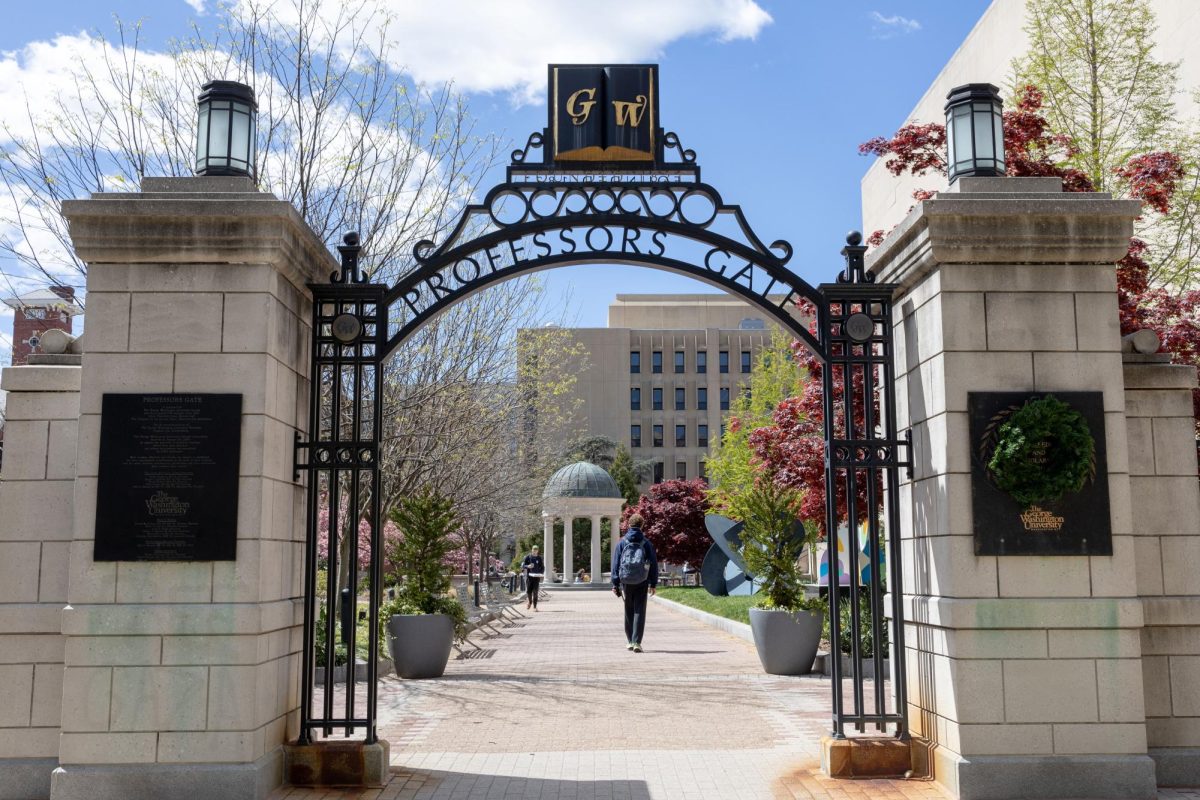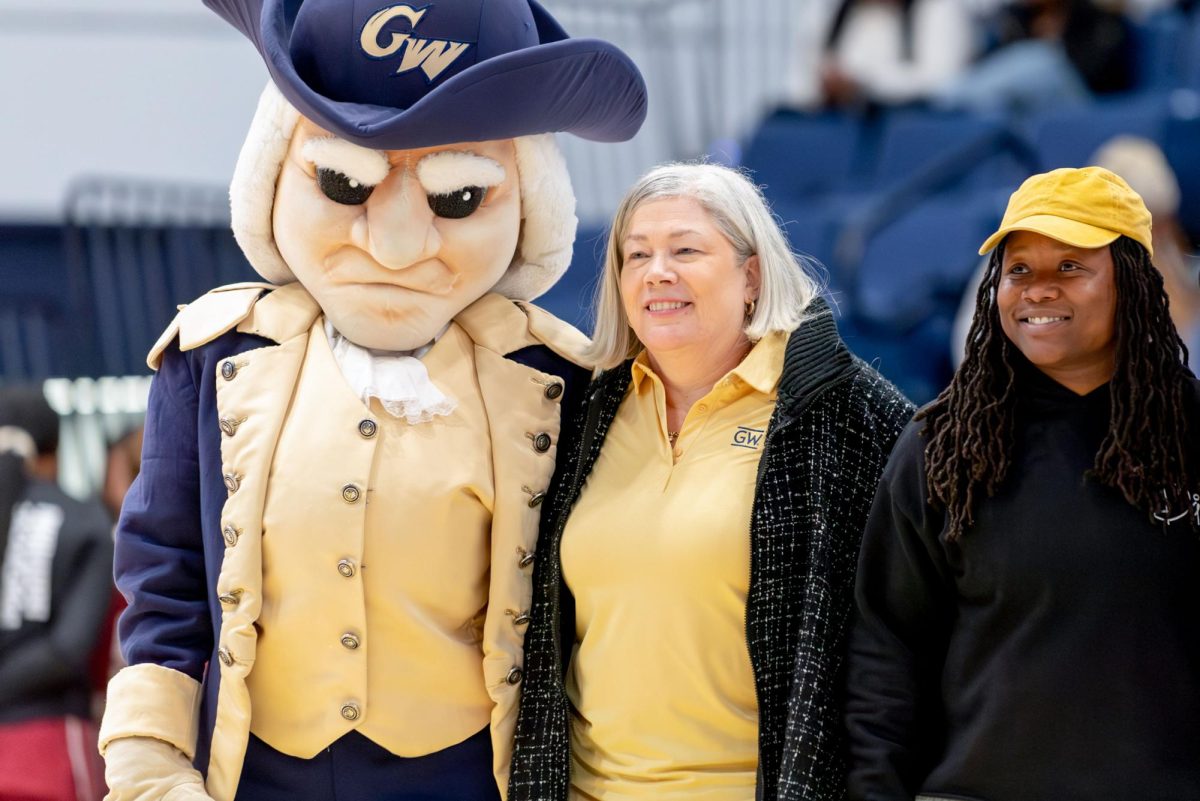Half of the respondents to GW’s spring 2022 diversity climate survey said they had experienced some kind of negative treatment based on their identity in the past five years, officials said at forum discussions of the data.
Community-wide forums held in the University Student Center Tuesday and Wednesday marked phase five of the GW Diversity Program Review Team’s seven-step initiative to assess community feedback about the current diversity, equity and inclusion program at GW and provide recommendations to the Board of Trustees based on their assessment of the results. Officials administered the anonymous survey in mid-April of last year and extended it to close in early June, where they collected feedback from undergraduate students, graduate students, faculty and staff resulting in a total of 10,000 responses.
Officials said respondents reported that there is a need to increase diversity on campus at the student, faculty, staff and leadership levels. Officials added that staff had the highest response rate out of the three groups of respondents.
LGBTQ+ respondents reported the most “negative” identity-based treatment and reported having the most negative experience with inclusion at the University. DPRT officials said they categorized issues concerning sexuality differently from transgender and nonbinary issues in order to be “mindful” of comparing gender and sexuality.
Caroline Laguerre-Brown, the vice provost for diversity, equity and community engagement, said she hopes the Diversity Program Review Team recommends better support for faculty in increasing inclusiveness in their classrooms and in their curriculum. She said there is a disconnect between faculty who said they are actively trying to incorporate inclusivity into their classrooms and students who said they are not seeing these changes in their classes, especially among minority students.
“We’re getting a lot of requests, but we’re not getting requests from all the faculty who are here, right. So maybe the students across the board are not seeing this kind of interest in making the changes that would make classroom experiences more inclusive,” Laguerre-Brown said.
The surveys showed that respondents reported low levels of inclusion at the University due to its high tuition and many suggested lowering costs to increase inclusion. The survey also found that one of staff and faculty members’ main concerns is raising salary and benefits.
Laguerre-Brown said the next phase of the initiative includes compiling recommendations to present to the provosts based on the data from the surveys. She said officials will then form an external review team which will include “national DEI leaders,” Bracey and other officials, with the ultimate goal of presenting their final recommendations to the Board of Trustees, who will decide if further action will be taken.
“That’s the idealized timeline. But you know, these are organic processes and you just never know,” Bracey said. “I’ve given a fairly concrete charge but a great deal of latitude to the diversity program review team. Because ultimately, from my perspective, it’s getting it right in the final analysis. I don’t want to rush it over the finish line if it’s not validated, right and ready to be endorsed.”
Provost Chris Bracey said GW’s financial burden is a significant factor which often deters minority students from coming to the University because it is disproportionally unaffordable to them.
“One of the things that keeps me up at night, honestly, is our increasing tuition and the fact that we know that that burden is serious for students and many students are unable to come, particularly minority students, are having difficulty making the decision to come to GW precisely because it’s not affordable to them,” Bracey said.
Bracey said he has been meeting regularly with incoming University President Ellen Granberg, who he describes as a strong supporter of “inclusive excellence,” to keep her up to date on community feedback to the DEI program. He said that the recommendations that come out of the diversity program review will be on Granberg’s “to-do” list when she steps into office.
“I firmly believe that we can only reach our full potential as a comprehensive global research university if our aspirations are defined by inclusive excellence,” Bracey said.


